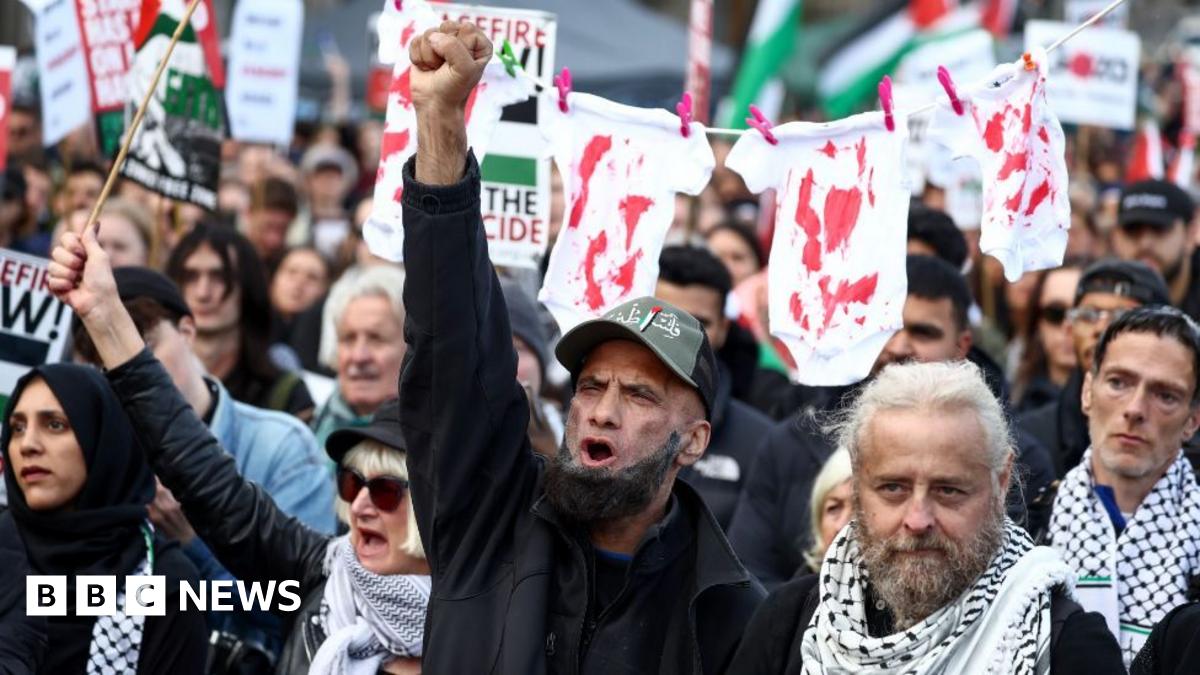Thailand Rejects International Help, Demands Cambodia Halt Border Attacks for Talks

Thailand Stands Firm: No International Mediation in Border Dispute with Cambodia
Bangkok – Thailand has firmly rebuffed attempts by international bodies and third-party nations to mediate the escalating border conflict with Cambodia. The Thai government reiterated its stance that the only path to resolving the ongoing tensions lies in direct bilateral negotiations, demanding that Phnom Penh immediately cease all military actions and engage in peaceful dialogue.
The recent clashes, centered around the disputed Preah Vihear temple area, have resulted in casualties on both sides and heightened regional anxieties. While various countries, including Malaysia and Indonesia, have offered their services as mediators, Thailand has consistently declined, arguing that external intervention would only complicate the situation and undermine Thailand's sovereignty.
“Thailand remains committed to resolving this issue peacefully and through established diplomatic channels,” stated a spokesperson for the Thai Ministry of Foreign Affairs. “We believe that direct communication and negotiation between our two countries are the most effective means of finding a lasting solution. We urge Cambodia to reciprocate this commitment and halt all provocative actions.”
A History of Disputed Territory
The border dispute stems from a long-standing disagreement over the interpretation of a 1907 treaty. The Preah Vihear temple, a UNESCO World Heritage site, sits atop a ridge and has been a focal point of contention for decades. In 2013, the International Court of Justice (ICJ) ruled that the temple belonged to Cambodia, but the ownership of the surrounding land remains disputed, leading to periodic flare-ups of violence.
Why Thailand Rejects Mediation
Several factors contribute to Thailand’s reluctance to accept international mediation. Firstly, Thailand views the dispute as a bilateral matter and believes that external interference could be perceived as an infringement on its national sovereignty. Secondly, Thai officials have expressed concerns that a mediated solution might not adequately address Thailand’s security interests or fully reflect the complexities of the boundary demarcation.
Furthermore, Thailand believes that Cambodia’s actions, including alleged incursions and attacks, are deliberately escalating the situation to obstruct progress in bilateral negotiations. By insisting on direct talks, Thailand aims to put pressure on Cambodia to de-escalate and demonstrate a genuine willingness to resolve the dispute constructively.
Regional Implications
The ongoing conflict has significant implications for regional stability. The border area is a vital transit route for goods and people, and prolonged tensions could disrupt trade and economic cooperation between Thailand and Cambodia. Neighboring countries are closely monitoring the situation, and diplomatic efforts are underway to encourage both sides to exercise restraint and pursue a peaceful resolution.
Looking Ahead
While Thailand has rejected mediation for now, it remains open to bilateral talks with Cambodia. The Thai government has repeatedly offered to meet with Cambodian officials to discuss the situation and explore potential solutions. However, Thailand’s insistence on a cessation of hostilities and a commitment to peaceful dialogue remains a key condition for any meaningful progress. The coming weeks will be critical in determining whether the two countries can overcome their differences and find a path towards a durable and peaceful resolution to this long-standing border dispute. The international community remains hopeful for a swift and amicable resolution, prioritizing regional peace and stability.





